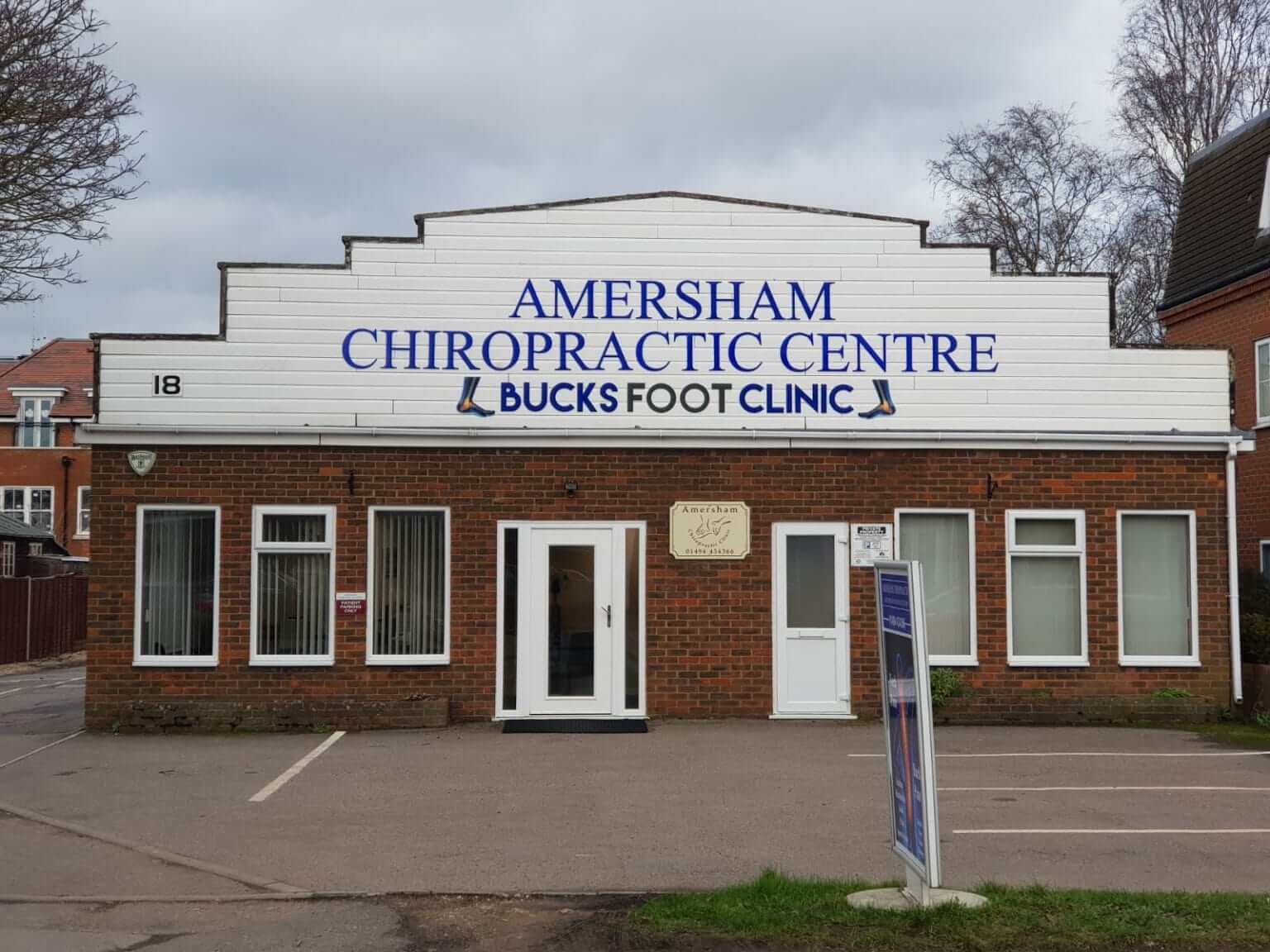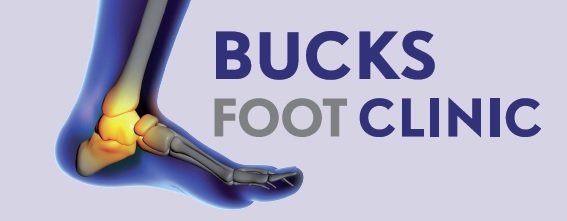
What Are Verrucas On Feet?
Verruca or verruca infections are a virus. It is caused by the Human Papillomavirus (HPV) and is highly contagious. Verrucas on feet are commonly spotted on the soles of the areas around one’s toes. These viruses thrive in moist environments and tend to cyclically be an outbreak in children at the park (like hand, foot, mouth disease). Verrucas tend to look kind of like cauliflowers, but then they flatten up because of pressure when they are on the soles of your feet.
Sometimes verrucas can be painless, but more often than not they are very uncomfortable and even painful to deal with. They can disappear overnight or can be persistent for years on end.
How Do Verrucas Form?
As mentioned earlier, verruca infections are caused by the Human Papilloma Virus (HPV). There are lots of old wive’s tales surrounding the causes of verrucae, and the most common one is “swimming pools cause verrucae”. Though this is true, it needs a little more context. Swimming pools themselves do not cause the verruca infection, but since verrucae are highly contagious, it’s very easy to develop verrucae from being in the same swimming pool with someone who is affected.
Cross-infection is very common, and if you have a verruca and you’re walking around barefoot, you’ll probably infect the next barefoot person to walk on the same floor. You can also catch it by direct contact with another person’s verruca. In fact, you can even be contagious to yourself. If you have a verruca, and you touch it and then touch other parts of your body, you’re likely to spread the verruca infection.
How Do I Know If I Have Verrucas On My Feet?
It’s very easy to confuse verrucas on feet for other types of warts and corns. That’s why it’s important to know the distinct symptoms of verrucae (yes, that’s the plural of verruca!). This way you can identify them and give them the correct form of verruca treatment.
There are some key identifying factors when it comes to Verrucas which can help you single them out from all these other ailments:
- There’s a black dot in the centre of the raised skin (in most cases)
- The “wart” is oddly cauliflower-shaped
- You feel a stinging “stepping-on-a-needle” type of pain when you apply pressure
- The lump is small and rough
- You may have multiple on your hands and around your mouth as well (in the case of Hand, Foot and Mouth Disease, or HFM for short, which is common in most children)
Okay, I Have Verrucas On My Feet. Now What?
If you’ve noticed any of the above symptoms, you most likely have verrucas on your feet. You can try to deal with them using at-home remedies, but nothing works better than our Verruca Treatment in Chesham.
If you’re still unsure whether you’re dealing with verrucas or not, you can always book an appointment with Bucks Foot Clinic, where our top podiatrists can properly diagnose your condition.
Verruca Treatment Chesham
If you’re ready to bid your verrucas farewell, you can opt for our Verruca Treatment in Chesham.
Depending on the severity of your condition, there are different ways we go about verruca treatment in Chesham. The most common ones are Salicylic acid, Cryotherapy, and SWIFT verruca treatment. Our podiatrists will be able to tell you which verruca treatment is best for you.
Here’s some information on each verruca treatment:
- Salicylic Acid:
There are many creams, gels and medicated plasters for treating warts and verrucas. You can buy these over-the-counter, but only do so if you’re sure it’s a verruca infection. Most of these contain salicylic acid which is a key ingredient in treating verruca infections. Be careful when applying these medications, and try to use as little as possible in surrounding areas because it can cause irritation to healthy skin. You can even protect the skin around the verruca infection with non-fragranced and natural petroleum jelly. Try not to get any of the treatment on broken skin. You can soften the area before-hand by soaking it in water and rubbing it to remove excess hard skin. Once dried, make sure to cover the affected area with a plaster. Apply the treatment according to your Podiatrist / Pharmacist’s advice. - Cryotherapy:
This is the process of freezing your wart or verruca using liquid nitrogen so it falls off. Most pharmacists have OTC cryotherapy preparations that contain other gases, but these don’t normally work too well because they can’t freeze at temperatures as low as liquid nitrogen, which is why it’s better if you visit a Podiatrist to get this done (book an appointment with Bucks Foot Clinic today!). During cryotherapy, your doctor will apply the liquid nitrogen to your verruca using either a spray or a cotton bud. It usually takes between 5-30 seconds to freeze depending on the size and location and also the method used. You may have to repeat the treatment multiple times till the verruca or wart eventually falls off. Cryotherapy, however, hasn’t been shown to work any better than salicylic acid and can often lead to blisters and scarring that can be painful, which is why it’s not recommended for younger children. - SWIFT Verruca Treatment:
SWIFT is a relatively new technology that’s been developed in the UK, and has been licensed for treating verrucas by podiatrists all over. SWIFT uses microwave energy, delivered through a probe which is put on the skin to treat the affected area. With SWIFT Machine Treatment, you can get rid of multiple verrucas and warts in just one sitting, and it’s quick and efficient in doing so. The cherry on top is that you don’t require anaesthetics or dressings afterwards!
Conclusion
If you want to efficiently and permanently remove your verruca, we suggest our SWIFT verruca treatment in Chesham. Most Podiatrists would opt for this treatment as it is a very efficient and good solution to the problem of verrucas on feet.
Book an appointment with us today.
Please call us on 0800 107 3290 / 077 99 122 099 Or contact us now
